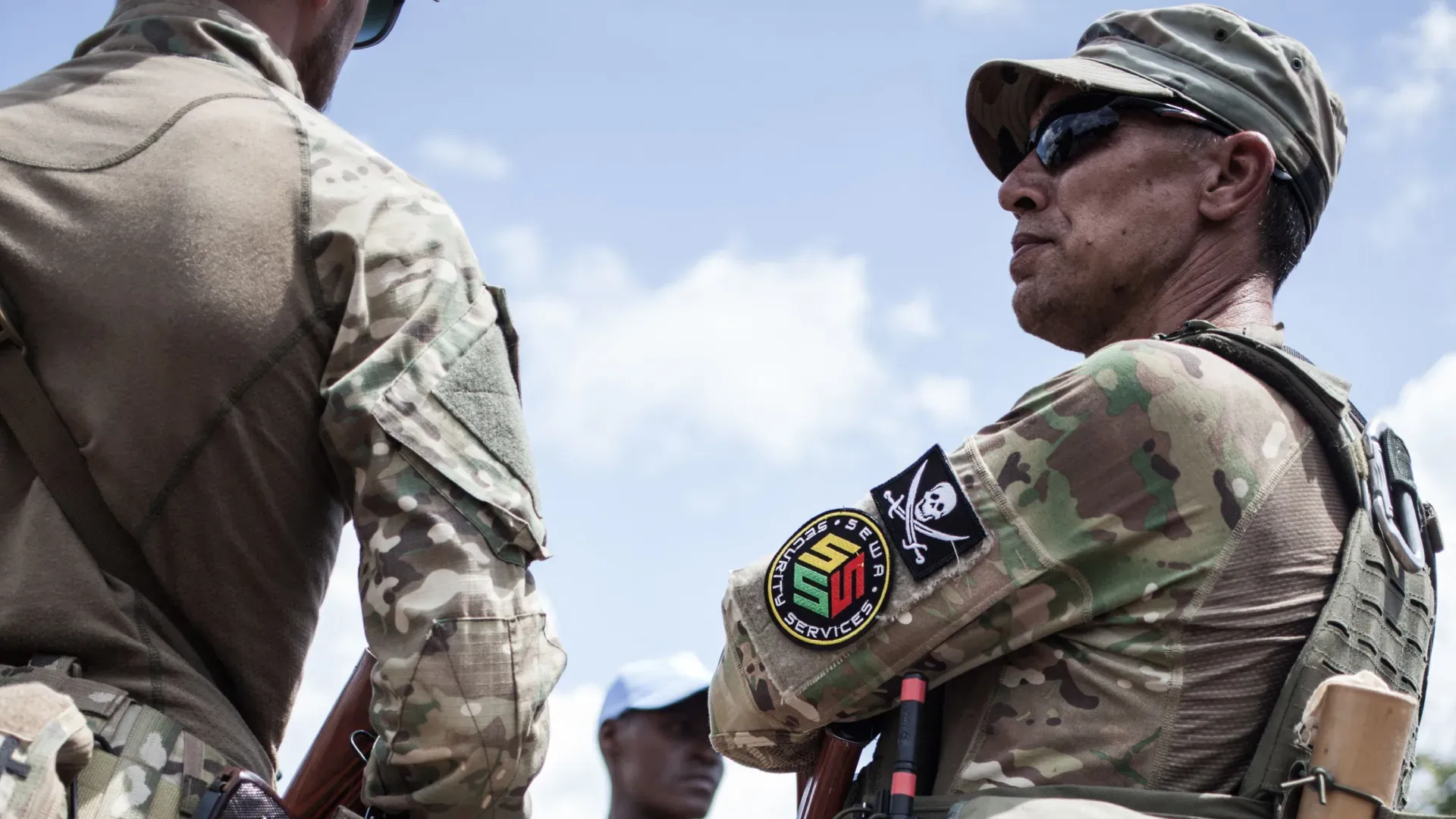We assess that there is a less than even chance that the Wagner Group will try to enter Cote d’Ivoire in the long term. And that it is unlikely to do so within the next two years, when the next presidential elections are scheduled.
This assessment was issued to clients of Dragonfly’s Security Intelligence & Analysis Service (SIAS) on 30 March 2023.
- The Wagner Group is likely to prioritise operations in other countries in the region before seeking to expand into Cote d’Ivoire
- Cote d’Ivoire’s close relations with France and China lowers the chances of the current government working with the Group
- Even if Wagner were contracted in Cote d’Ivoire, it would probably only operate in the far north
There are several signs suggesting that Cote d’Ivoire is an attractive target for Wagner Group’s operations, such as a comparatively high terrorism threat, large extractive reserves and a popular anti-French sentiment. Wagner has also produced propaganda implying an intent to expand into the country.
However, compared with other countries – like Cameroon, the DRC and Niger – Cote d’Ivoire does not seem to be a current priority for the Group. Those countries appear to offer greater opportunities for Wagner. This is particularly given that it is also heavily involved in – and prioritising – fighting in Ukraine at the moment. If the Group were to enter Cote d’Ivoire, we highly doubt that it would operate in southern areas including Abidjan and Yamoussoukro.
Obstacles to entry
Wagner appears to be at odds with the Cote d’Ivoire government. This is even though the Group’s head, Evgeny Prigozhin, has implied that Wagner might seek to expand into Cote d’Ivoire. He did so by presenting an Ivorian soldier fighting with Wagner in Ukraine and repeatedly said on social media platforms that the soldier would replace the current Ivorian president. In his logic, this fighter would then contract the Group in Cote d’Ivoire. But that in itself implies that Prigozhin does not expect President Ouattara to engage the Group.
Cote d’Ivoire’s close ties with France and China are also likely to dissuade the government from inviting Wagner into the country. Around 900 French soldiers are deployed in Cote d’Ivoire, while France and China are two of its main economic partners. Wagner has tended to move into countries where diplomatic and other relations with France are already weakening. And it seems to have avoided countries where China has a strong economic presence, plausibly to avoid straining Russian-Chinese relations.
The strength of Ivorian institutions also make the country comparatively unappealing for Wagner. Any contract signed with the Group would have to go through a lengthy and transparent public tender process. Other private security companies would probably participate in this process. This added scrutiny and competitiveness would mean further political and diplomatic pressure on the government not to contract the Group.
Even if the Wagner Group entered Cote d’Ivoire, we doubt that it would pose a risk in the economic hubs of the south of the country. The Wagner Group is primarily a security company and so operates in countries in regions facing significant security challenges. In Cote d’Ivoire, jihadist groups remain confined to northern regions bordering Burkina Faso and Mali. So, we highly doubt that there would be an opportunity for the Group to engage in business or other operations in the south, especially in urban centres such as Abidjan or Yamoussoukro.
Image: The close protection unit for the Central African Republic’s President Touadera by Russian private security company, Sewa Security, in Berengo on 4 August 2018. Photo by Florent Vergnes/AFP via Getty Images.




